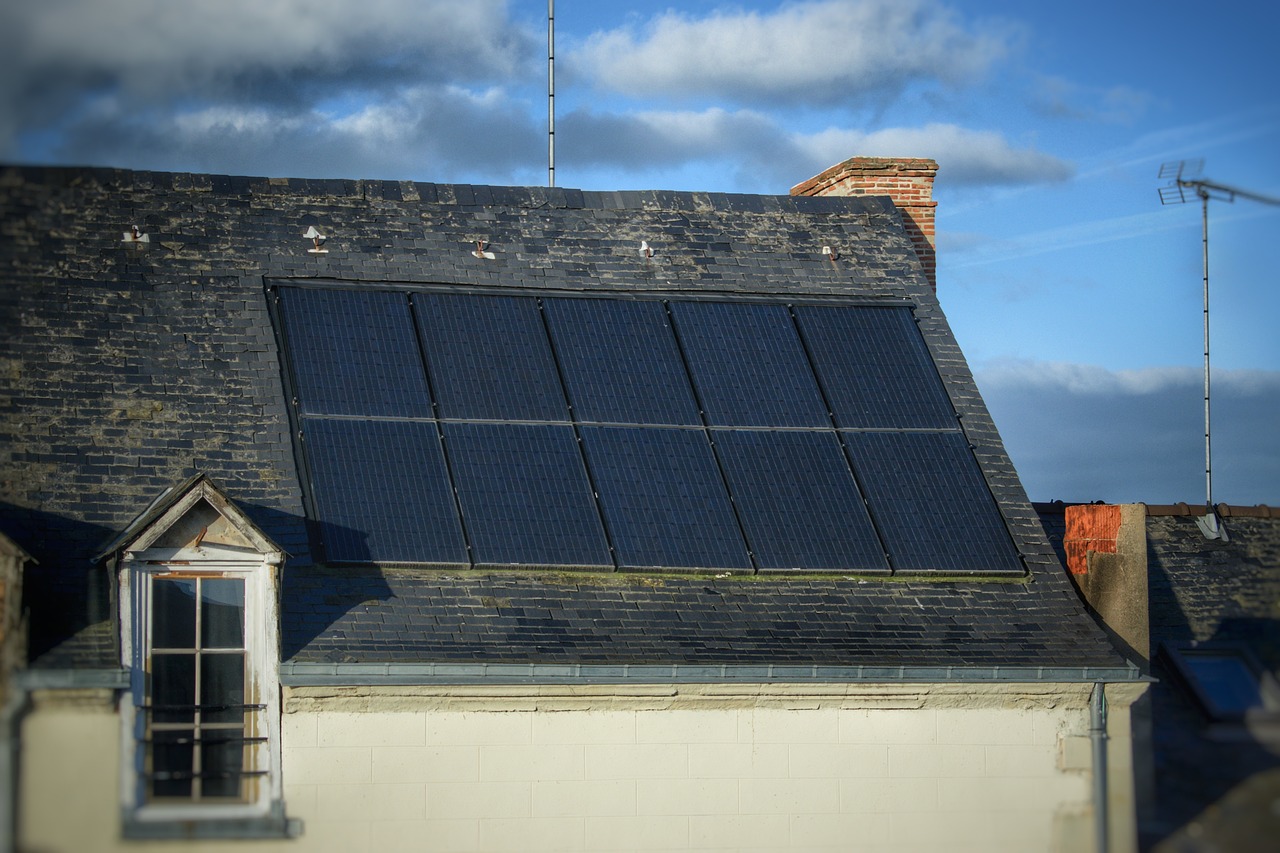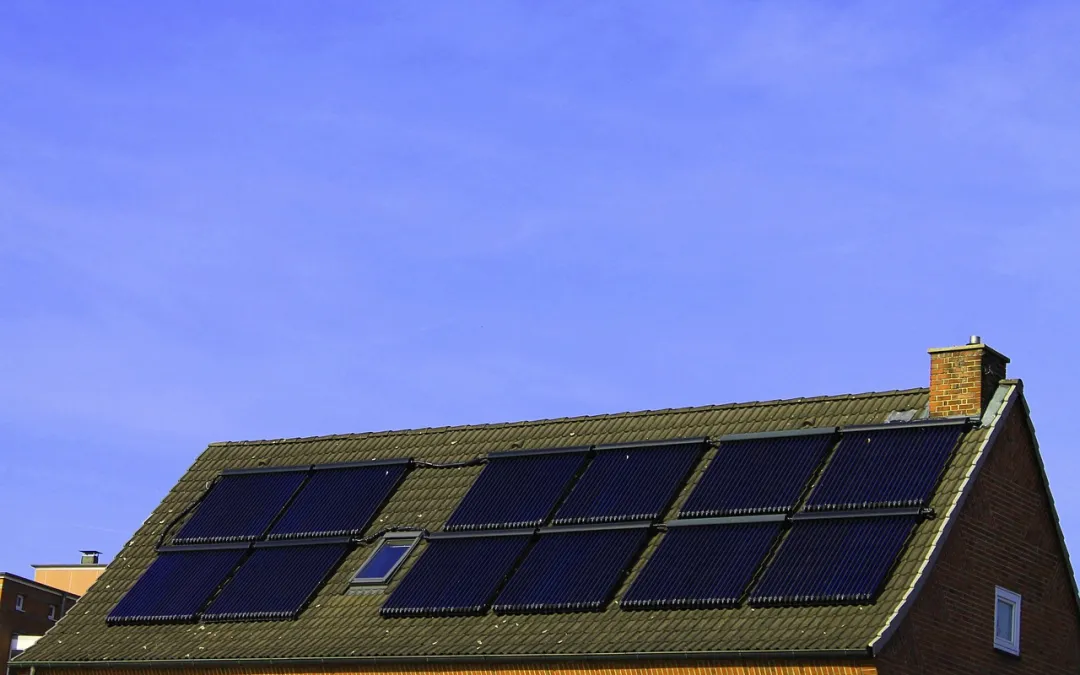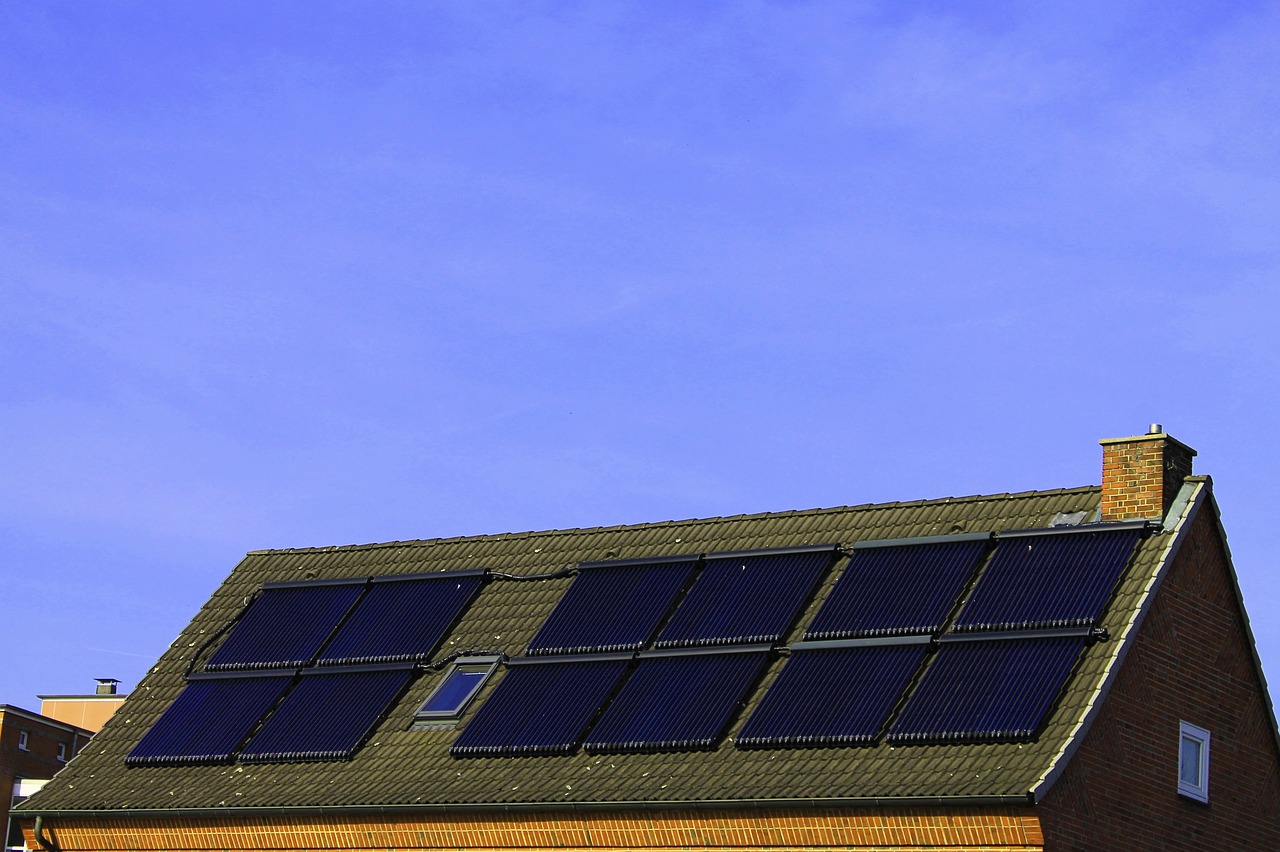
Solar Panel Maintenance 101: A Homeowner’s Guide to Sustaining Efficiency
As solar panels become an increasingly popular choice for homeowners seeking sustainable energy solutions, it’s essential to understand the importance of regular maintenance to ensure optimal performance. In this comprehensive guide, we’ll walk you through the key steps in maintaining your solar panels, helping you preserve efficiency and maximize the benefits of your solar investment.
1. Routine Cleaning: One of the simplest yet most effective ways to maintain your solar panels is through regular cleaning. Dust, dirt, bird droppings, and other debris can accumulate on the surface, hindering sunlight absorption. Use a soft brush or sponge, mild detergent, and water to gently clean the panels. Regular cleaning, especially in areas with low rainfall, helps prevent dirt buildup and ensures maximum sunlight absorption.
2. Visual Inspections: Performing visual inspections of your solar panels is crucial for identifying any potential issues early on. Check for signs of physical damage, such as cracks or scratches, and ensure that all connections are secure. Regular visual inspections allow you to address minor problems before they escalate, maintaining the efficiency and longevity of your solar system.
3. Monitor Energy Production: Keep an eye on your solar system’s energy production through monitoring tools provided by your solar installer. Sudden drops in energy output may indicate a malfunction or an issue with individual panels. Monitoring allows you to detect and address performance issues promptly, ensuring your solar panels consistently generate the expected energy output.
4. Trim Surrounding Vegetation: Overgrown trees or bushes casting shadows on your solar panels can impact their efficiency. Regularly trim vegetation around your solar installation to prevent shading, especially during peak sunlight hours. Ensuring an unobstructed path for sunlight enhances the overall performance of your solar panels.
5. Check Inverter Performance: The inverter is a critical component of your solar system, converting DC electricity generated by the panels into usable AC electricity for your home. Regularly check the inverter’s performance indicators to ensure it is operating within normal parameters. Any unusual readings or error messages should be promptly addressed by a professional.
6. Seasonal Check-Ups: Consider scheduling seasonal check-ups with a certified solar technician. These periodic assessments can identify and address any issues related to changing weather conditions or environmental factors. Seasonal maintenance ensures your solar panels are well-prepared to handle varying elements throughout the year.
7. Professional Inspections: Every few years, invest in a professional inspection by a qualified solar technician. These experts can conduct a thorough assessment of your entire solar system, identifying any wear and tear, loose connections, or other issues that may impact performance. Professional inspections provide peace of mind and extend the overall lifespan of your solar panels.
Regular maintenance is key to ensuring that your solar panels operate at peak efficiency, delivering the maximum return on your investment. By incorporating these maintenance practices into your routine, you can enjoy a consistently high level of energy production and contribute to a more sustainable and eco-friendly future. Remember, a well-maintained solar system is a reliable and enduring source of clean energy for your home.

